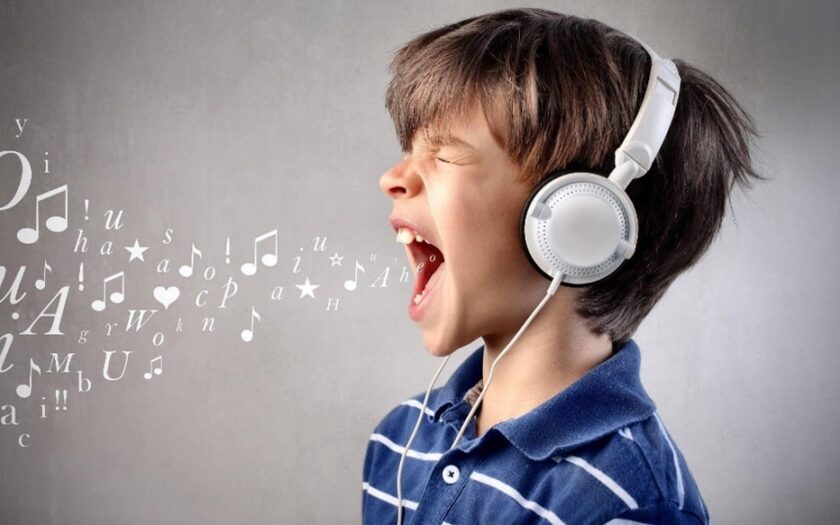Vocal Cord Dysfunction (VCD) is a condition where the vocal cords do not open properly during breathing, leading to symptoms like shortness of breath, wheezing, and a feeling of tightness in the throat. It can be triggered by factors such as stress, exercise, or exposure to irritants. VCD is often mistaken for asthma due to similar symptoms, but it involves a different mechanism, as the issue is with the vocal cords rather than the airways. Treatment typically includes breathing exercises, voice therapy, and addressing underlying triggers to help manage and reduce symptoms.
What Is Vocal Cord Dysfunction (VCD)?
Vocal Cord Dysfunction (VCD), also known as Paradoxical Vocal Fold Movement, occurs when the vocal cords partially close at the wrong time, often in response to a trigger. This can make breathing difficult, especially when inhaling.
Signs & Symptoms of Vocal Cord Dysfunction (VCD): Children with VCD may experience:
- Difficulty breathing, especially when inhaling
- Coughing or throat clearing
- Wheezing or raspy breathing
- Hoarseness or changes in voice
- Chest pain or throat tightness
These symptoms typically don’t occur during sleep.
What Causes VCD? VCD is often triggered by:
- Infections like colds or the flu
- Air irritants such as pollution, dust, or strong scents
- Physical activities like exercise
- Stress or anxiety Allergies and acid reflux can worsen VCD symptoms.
Who Is Affected?
VCD usually affects children aged 6 and older and is more common in girls than boys.
How Is VCD Diagnosed?
Doctors diagnose VCD by examining the child and using tests like:
- Spirometry and lung function tests to measure air flow
- Laryngoscopy to view the vocal cords
- Challenge tests to trigger symptoms, such as exercise or medications
VCD is often confused with asthma due to similar symptoms, but distinct differences help doctors differentiate between the two.
How Is VCD Treated?
Treatment involves a team of specialists, including ENT doctors, pulmonologists, and speech therapists. It may include:
- Breathing exercises and biofeedback
- Avoiding irritants
- Staying hydrated
- Treating related conditions like allergies or acid reflux
If stress is a trigger, psychological support may be recommended to help manage it.
What Else Should I Know?
With proper treatment and practice, most children can manage VCD by avoiding triggers and learning to control their vocal cords. Symptoms can return, but the health care team can adjust treatments as needed.



